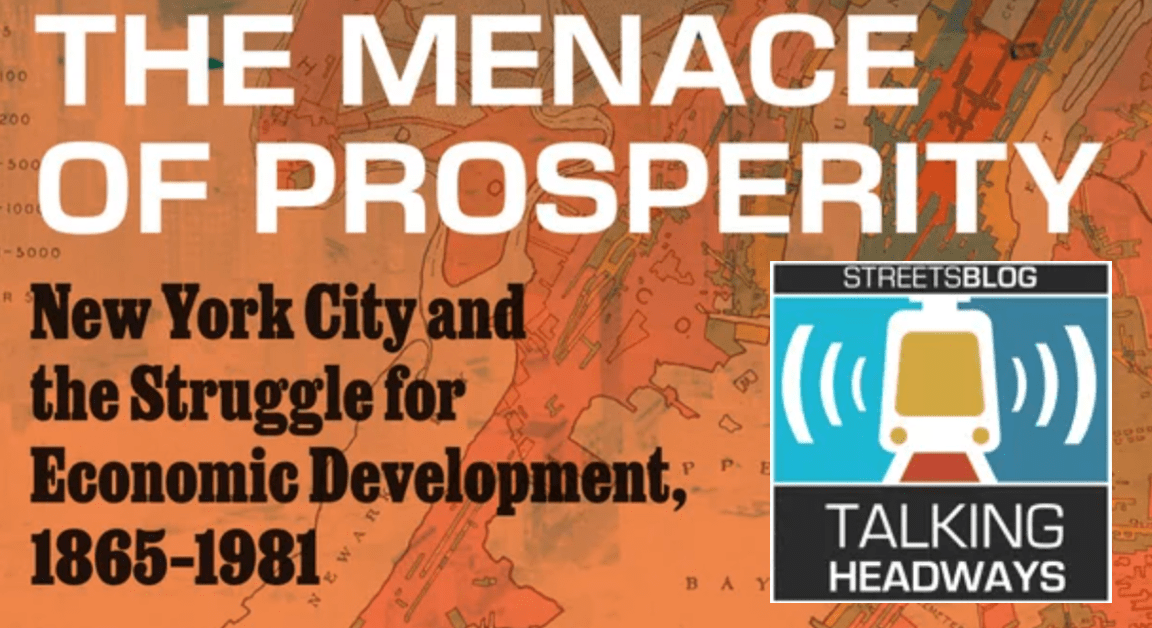In 2010, 4,280 pedestrians were killed in the United States, according to the Centers for Disease Control, and another 70,000 were injured. That's one death every two hours.
It's impossible to quantify the human toll of traffic fatalities, but as David Nelson at Project for Public Spaces points out, AAA estimates that traffic crashes cost America $300 billion annually in the form of medical expenses, lost wages, pain and suffering, and other factors [PDF]. That works out to three times the annual cost of congestion reported by the Texas Transportation Institute. But while we're spending billions "fighting congestion" with expensive new roads, getting a handle on pedestrian deaths and injuries is almost a non-issue at your average state DOT.
Nelson says the silence about pedestrian fatalities arises from a tendency he calls the "accident axiom" -- a set of assumptions that presume no fault, or assign culpability in simplistic and stereotypical terms, when a pedestrian is struck:
Given that all forms of transportation begin and end with walking, this is essentially a right to be a pedestrian—a right severely restricted by expensive and counterproductive high-speed roads that we’ve built. A key problem in defending this right is that very few laws motivate law enforcement to consider killing a pedestrian as a crime. Involuntary Vehicular Manslaughter is a potential charge, but it’s hard to prove constructive manslaughter since a little speeding is rarely seen as a crime, and the threshold for recklessness is hard to meet. Anecdotally, drivers who kill a pedestrian are better off waiting for the police to arrive, because hit and runs really are about the only time the police reliably pursue these drivers with any prejudice. New laws specifically dealing with pedestrian-vehicle crashes are needed.
In my opinion, our local media outlets are exacerbating the problem. Their stories discount the human loss and reinforce widely held misconceptions. First and foremost, underlying all of the poor media coverage is what I call the “Accident Axiom.” This is the widely-held (but almost never-question) belief that accidents are an unavoidable and innocent consequence of modern motorized society. The assumption here is that crashes not involving excessive speed, alcohol, or gross negligence are presumably the fault of no one, but an unfortunate systemic fluke.
This axiom has two corollaries: the Inherent Risk Corollary and the Reckless Driver Corollary. The former states that in this world of unavoidable accidents, pedestrians and cyclists are senselessly putting themselves in harm’s way by traversing concrete and asphalt. If they get hit, it is a deserved consequence of their poor decision making. And the latter states that those rare instances when a driver is at fault, it is the result of that driver being a reckless and careless individual, a deviant member of society. All blame is attributed to the individuals involved. The road network and driving culture are given immunity.
Elsewhere on the Network today: Cyclelicious shares a clever new PSA from Bikes Belong that seeks to heal the divisions between cyclists and motorists. And the Bicycle Alliance of Washington, Bike Delaware, BTA Oregon and Bike Kansas analyze their states' bike-friendly rankings, released by the League of American Bicyclists.






